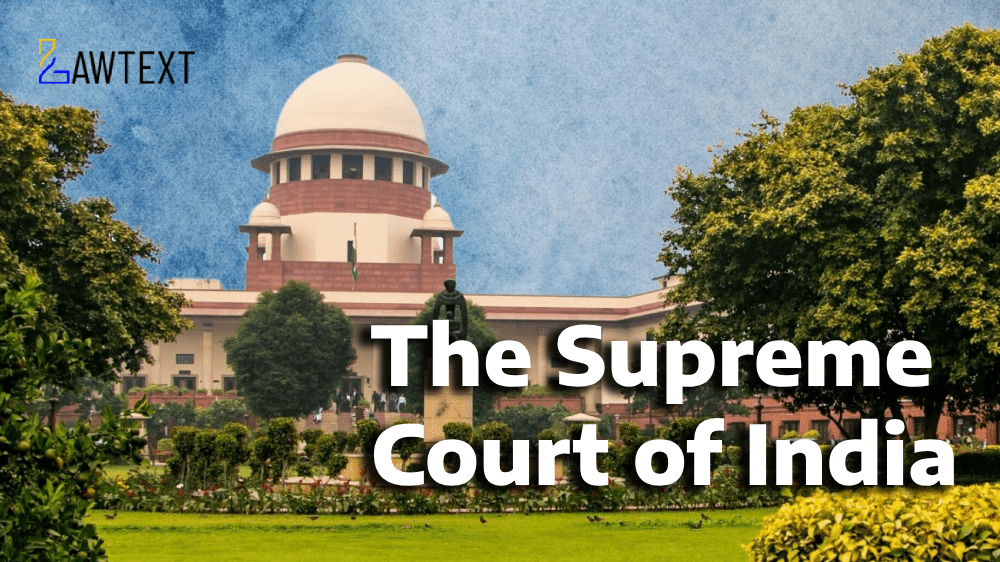

The Supreme Court of India, addressed significant issues in matrimonial law, including interim maintenance, permanent alimony, and divorce under the principle of irretrievable breakdown. The Court affirmed the Family Court and High Court decisions, enhancing maintenance for the wife and child and ensuring financial security post-divorce. Utilizing its powers under Article 142, the Court dissolved the marriage and granted permanent alimony of ₹5 crores for the wife and ₹1 crore for the son, reflecting principles of fairness and equity.
Marriage and Separation:
Married in 1998, the couple separated in 2004. Their son, born in 2001, has been residing with the wife since separation.
Legal Proceedings:
Divorce petition filed by the husband under Section 13(1)(ia) of the Hindu Marriage Act, 1955 (HMA), was withdrawn in 2016. Maintenance applications under Sections 24 and 26 of the HMA remained pending.
Orders by Family Court:
Initially awarded ₹18,000 per month, later enhanced to ₹20,000 by the High Court. Further enhancements were contested by both parties, citing increased financial needs and the husband's concealed income.
High Court’s Ruling:
Interim maintenance increased to ₹1,45,000 per month from 2009 to 2016.
Jurisdiction Post-Divorce Withdrawal:
The Court ruled that Sections 24 and 26 of the HMA have independent jurisdiction and continue despite the withdrawal of divorce petitions.
Maintenance for Adult Son:
Maintenance was granted for the son until financial independence, emphasizing educational needs in a competitive job market.
Irretrievable Breakdown of Marriage:
Following two decades of separation and no cohabitation, the Court dissolved the marriage under Article 142, recognizing it as beyond reconciliation.
Permanent Alimony:
Alimony of ₹5 crores was granted to the wife, considering her lifestyle, prolonged separation, and the husband’s substantial financial capacity.
Provision for Son:
₹1 crore was allotted for the son’s education and financial security until independence.
Maintenance Determination:
The Court reiterated principles from Rajnesh v. Neha and others, emphasizing financial transparency, standard of living, and equitable support for dependent spouses and children.
Judicial Powers Under Article 142:
Highlighted the necessity of holistic relief to ensure justice, beyond procedural constraints.
Matrimonial Law, Family Law
Maintenance, Divorce, Alimony, Hindu Marriage Act, Family Court, Irretrievable Breakdown
Citation: 2024 LawText (SC) (12) 101
Case Number: CIVIL APPEAL NOS. OF 2024 (Arising out of SLP (C) Nos.21710-21711 of 2024)
Date of Decision: 2024-12-10
Case Title: PARVIN KUMAR JAIN VERSUS ANJU JAIN
Before Judge: (VIKRAM NATH J. , PRASANNA B. VARALE J.)
Appellant: PARVIN KUMAR JAIN
Respondent: ANJU JAIN